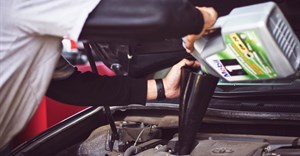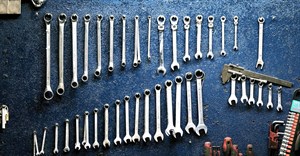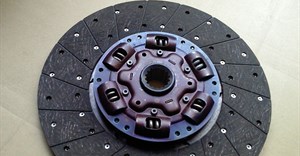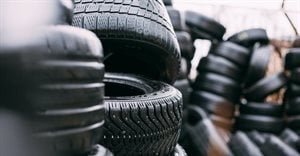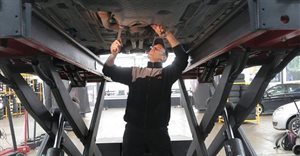Trending
Elections 2024
Jobs
- Workshop Controller Durban
- Service Advisor Limpopo
- Automotive Diesel Electrician Durban
- Refurb Centre Technician East Rand
- Service Advisor East Rand
- Service Advisor UItenhage
- Qualified Motor Technician Pietermaritzburg
- Service Advisor Johannesburg North
- Motor Vehicle Technician Johannesburg South
- Vehicle Technician Umhlanga
Understanding the lifespan of vehicle parts: brake fluid

Brake fluid is essential for a vehicle's brakes to work properly.
Over time, brake fluid can absorb moisture from the atmosphere which reduces its boiling point and therefore effectiveness. This moisture absorption also compromises the integrity of the brake system components such as the rubber seals and the anti-lock braking system (ABS).
Brake fluid is a vital part of the brake system so customers are right to be concerned about proper maintenance. Most brake fluid manufacturers recommend changing brake fluid every 18 months or 60,000km.
Types of brake fluid
Brake fluids are glycol-based DOT 3, DOT 4, and DOT 5.1.
Consumers and fleet owners must be careful not to confuse the DOT5.1 brake fluid with DOT 5 brake fluid, which is a silicone based brake fluid that is not compatible with normal road-going vehicles. DOT5.1 has seen an enhancement in the properties of glycol-based DOT 4 brake fluid in order to provide a number of safety improvements such as a higher boiling point.
This results in better braking under increased loads and speeds. It also has improved lubrication properties which are intended to assist the high-pressure components of the modern braking systems.
Finally, although it is more resistant to deterioration over time, regrettably, it does not extend the service lifespan beyond the 18-month period.
Unfortunately, brake systems do become contaminated. In this event, it is necessary to completely flush out all of the existing contaminated brake fluid and replace it with new fluid. Flushing ensures that the brake system will perform at its optimum.
A word of warning
A word of warning, however: brake fluid types aren’t easily interchangeable; however this only applies to non-glycol based brake fluids. Although DOT3, DOT 4, and DOT5.1 can be interchanged, it is not a recommended practice.
It’s not like the old days where one brake fluid, or one transmission fluid, worked in all makes and models. There are so many now that you have to be aware of, and different manufacturers have different recommendations.
Following the lead of the brake fluid manufacturers, I would recommend a brake fluid flush and change every eighteen months or 60,000 kilometres. And remember that this is not a do-it-yourself procedure!
The technology in modern brake systems can put you at risk if you fail to follow the flushing and servicing procedure to the letter. Rather contact your manufacturer or visit your nearest MIWA service centre for further clarification on when to change your brake fluid. If in doubt, stop at any MIWA workshop, where they can advise if the fluid requires changing he concludes.
Bad brakes kill. Do not leave your braking system to chance. Have it professionally checked on a regular basis.Given the high cost of brake components, the peace of mind gained through this relatively inexpensive procedure makes it worthwhile.








